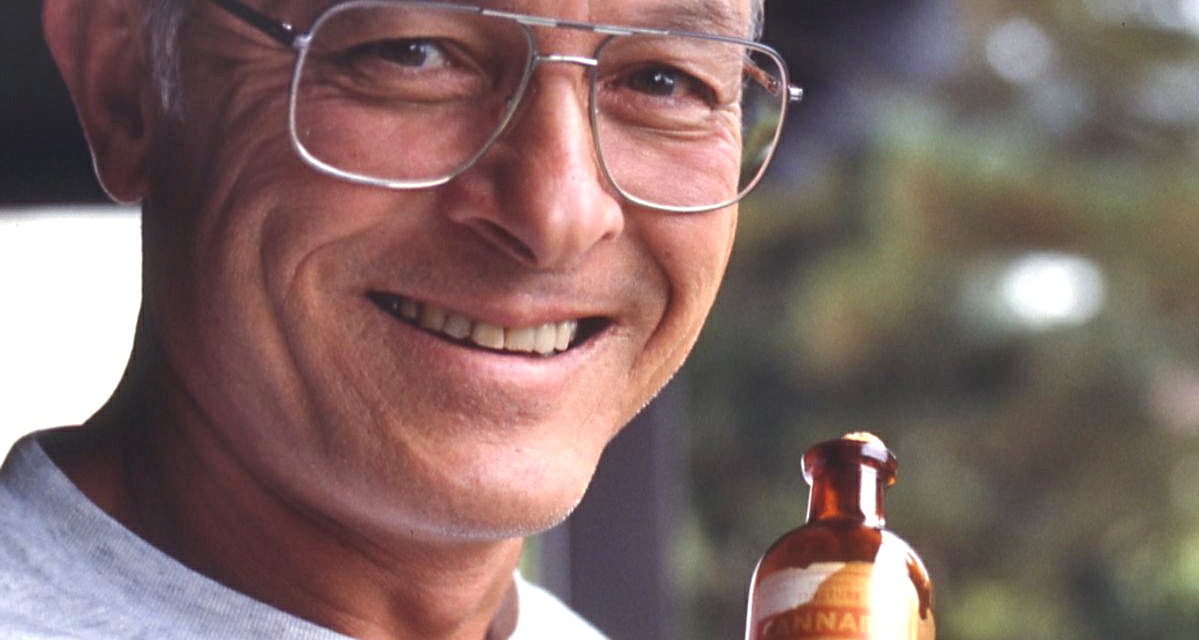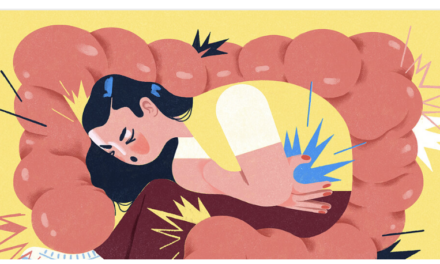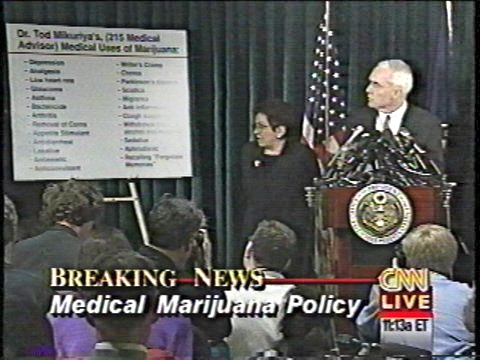Just published in Clinical Pediatrics, “A History of the US Medical Cannabis Movement and Its Importance to Pediatricians: Science Versus Politics in Medicine’s Greatest Catch-22” by Kevin M. Takakuwa MD, MA, Raquel M. Schears, MD, MPH, MBA.
Their concluding paragraph pinpoints the source of the doctors’ dilemma:
“the low likelihood that RCTs will soon emerge and answer all questions about cannabis.”
Therefore,
“physicians across all specialties must somehow weigh the available evidence, risks/benefits, and engage their patients in order to determine if cannabis is a viable option for their specific medical condition while considering the continued federal ban in juxtaposition with increasingly permissive state cannabis laws and public demand. They must be prepared to answer questions from patients: “Can cannabis help me?” Likewise, pediatricians must be educated with evidence-based knowledge and prepared to answer the inevitable questions forthcoming from parents: “Can cannabis help my child?”
It’s good to see Dr. Mikuriya getting credit in “the literature” for his groundbreaking role”
A physician who emerged to support cannabis as viable medical therapy was Tod Mikuriya, a California psychiatrist who has been called the “grandfather of the medical marijuana movement in the United States.”18 In 1967, early in his career, he briefly worked for the National Institute of Mental Health and was officially charged with cannabis research. He would later learn that his superiors really just wanted him to expose the detrimental effects of cannabis.19
Instead, Mikuriya would come to conclude that the available medical research on cannabis was actually supportive of its effects. The papers that he collected and self-published as a book in 1973 titled, Marijuana: Medical Papers, 1839-1972,20 became the foundation for his private consulting medical practice in which he treated and recommended cannabis to over 9000 patients including those with cancer and AIDS.18 He dedicated his professional life to studying, publishing, and advocating for cannabis as medicine during an era that this was unheard of by physicians. He believed that cannabis was therapeutic in over 200 medical conditions.21
While government policy became increasingly restrictive toward cannabis during the 1960s, there was a public backlash and recreational cannabis use surged in the counterculture era.22 Usage rates among young adults rapidly increased from 5% in 1967 to 68% by 1980.23 During the AIDS epidemic in the 1980s, cannabis gained notoriety as an antinauseant to combat toxic side effects of HIV medications and also functioned as an appetite stimulant for wasting syndrome.24
A grassroots effort that included Dr Mikuriya18 as well as Dennis Peron, a gay community activist dubbed the “father of medical marijuana” and founder of the first public cannabis dispensary in the United States called the Cannabis Buyers Club,25 led to the eventual passage of Proposition 215. Also known as the “Compassionate Use Act,” Proposition 215,26 a voter-approved initiative, made California the first state to legalize cannabis for medical purposes in 1996, setting off the coming of age of the medical cannabis movement after nearly 60 years of federal prohibition.
In 1999, Dr Mikuriya founded the California Cannabis Research Medical Group to conduct medical cannabis research. The Society of Cannabis Clinicians (SCC), the first professional US medical cannabis organization, grew out of the California Cannabis Research Medical Group in 2004 tasking itself with supporting medical cannabis use through expanding knowledge and facilitating best practice standards.27 Since its inception, the several hundred SCC members have cared for hundreds-of-thousands of patients and influenced medical cannabis use around the world through national and international lectures, education, and advocacy.
With abounding media stories increasingly emerging about its many benefits for an array of diseases, medical cannabis has since gained broad public support: a Pew Research Survey reported 62% of Americans now support legalizing it.28 Fully, 33 of 50 states have laws29 approving cannabis use for a variety of medical conditions ranging from intractable childhood seizure disorders to posttraumatic stress disorder, obstructive sleep apnea, and Alzheimer’s disease.
Oddly, state laws and public demand have outpaced investigations of clinical efficacy…
Retro Message
Very oddly indeed… Thanks to Takakuwa and Shears’ thorough annotations, we now know who goes around dubbing people “the father” of this or that. It’s the obituary writers.





